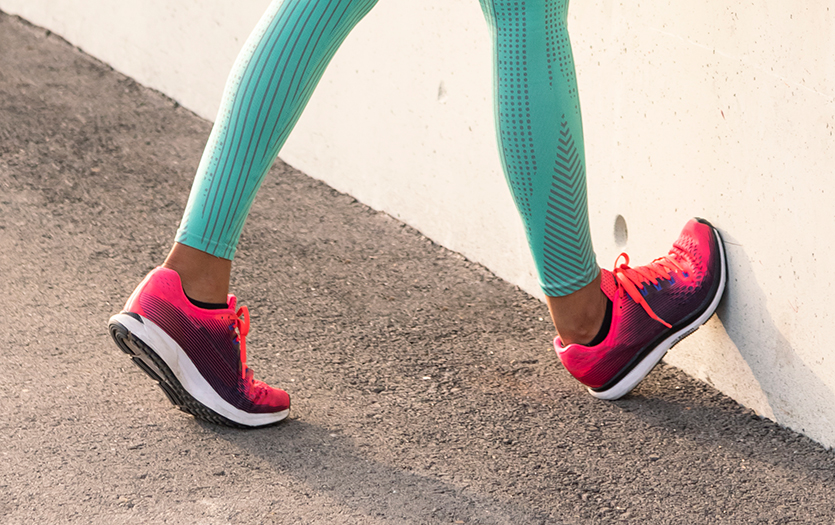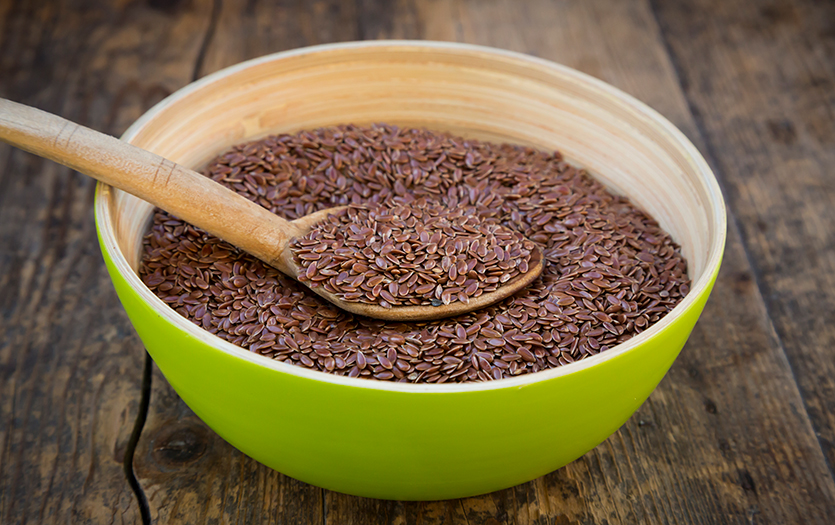
The winter sports might be winding down, but that just means softball, baseball, lacrosse and track are knocking on the door. The team of specialists at Parkview Sports Medicine knows the importance of fueling appropriately, for athletes in every season and at every level. Here they share their nutrition expertise and sample meal plans (for vegetarians, too!).
The key to sports nutrition is choosing a variety of foods rich in these 5 nutrients:
Protein. Protein gives you the energy you need to enhance your athletic performance and rebuild small muscle tears that occur during sports and exercise. You should consume about 1.2 – 1.7 grams of protein per 2.2 pounds of your body weight per day to stay healthy and achieve peak athletic performance. Vegetarian athletes can meet protein needs by eating a variety of protein-rich plant foods like nuts, seeds, soy foods and whole grains (Examples below).
Iron. Iron helps carry oxygen from your lungs to your working muscles, which can help enhance your athletic performance. Make sure you eat foods with higher levels of iron, including beans, whole and enriched grains, dark green leafy vegetables, dried fruit, nuts and seeds. Vegetarians need nearly twice as much iron per day as non-vegetarians because iron from plant sources (versus meat sources) is difficult for your body to absorb.
Carbohydrates. As your body’s fuel of choice, carbohydrates can help boost your energy availability – which is essential to optimizing your athletic performance. Starting sports or exercise with stored carbohydrates, from previous carbohydrate-rich meals, can also help prevent fatigue.
Calcium. This is the primary nutrient that enhances bone health and muscle function. Athletes, especially female athletes, with low dietary calcium may have increased risk of bone and stress fractures. You can easily get calcium from foods like fortified soy or rice milk, fortified fruit juice, broccoli, kale, cheese, yogurt, almonds and carrots.
Vitamin D. Vitamin D is required for your body to properly absorb calcium – and it’s needed for a healthy immune system. You should consume about 1,000 IU of vitamin D-rich and vitamin D-fortified foods like fortified milk, yogurt, eggs, soy products and fatty fish. Spending about 20 minutes outside every day can also help boost your vitamin D levels. A vitamin D supplement may be needed if your blood level is low, and especially during winter, when sun exposure is at a minimum.
Hydration and Performance
Like a well-balanced diet, proper hydration before, during and after sports or exercise can improve your performance. Water regulates your body temperature, lubricates your joints and helps transport nutrients for enhanced energy.
A note about sports drinks
Although water is the best drink for most athletes, sports drinks can also be helpful. You should only consume sports drinks if you’re participating in high-intensity sports or exercise for 60 minutes or more. You should also choose wisely. Drink only those with 60 - 100 calories per 8 fluid ounces, and avoid drinks high in sugar and sodium.
Game day
It’s important to eat well every day, but proper nutrition on game day in particular can further enhance your athletic performance.
1. Nutrition starts the day before.
When it comes to sports nutrition, hydration and carbohydrates are the two most important factors that affect your performance. Your body has a limited capacity for both of them and is constantly loses both throughout the day. It’s important you consume plenty of water and foods rich in carbohydrates before you go to bed the night before.
2. Calorie consumption is different.
If you need 3,000 calories, then you need 3,000 the day of the competition, but not after the event. You should eat every 2 – 4 hours throughout the day, consuming about two-thirds of your calories 3 – 4 hours before game time.
3. Fuel mixture is different.
On game day, you should get most of your calories from carbohydrates and liquids — especially before and during the event — as opposed to proteins and fats.
A nutrition and hydration plan
Pre-game
- 3 - 4 hours before: Drink 17 - 20 ounces of water and eat your largest meal. Remember, this meal should be rich in carbohydrates and lean protein, and low in fiber and fat.
- 1 - 2 hours before: Drink 12 - 22 ounces of water. Eat a snack rich in carbohydrates.
- 10 – 20 minutes before: Drink 10 ounces of water.
Mid-game
- Eat a light snack like a granola bar, energy bar or dry whole-grain cereal.
- Consume 4 - 6 ounces of water every 15 minutes.
Post-game
- 30 minutes after: Eat a carbohydrate-rich snack and drink a sufficient amount of water or energy drink low in calories and sugar.
- 2 hours after: Eat a smaller meal (less than one-third of your daily caloric intake) rich in carbohydrates, lean protein and heart-healthy fats. Continue to drink water or an energy beverage low in calories and sugar.
Remember that although proper nutrition on game day is vital to a successful athletic performance, it’s only helpful if you're eating well throughout the week. Don’t wait for the pre-game meal to consume the nutrients, minerals and fluids you think you need. If you approach your nutrition with the same discipline as your training, you’ll maximize your potential.
Sample meal plans
Here are some easy-to-prepare, 3,000-calorie meal options that include protein, iron, carbohydrates, calcium and vitamin D.

Vegetarian meal plan

For more information, or to schedule a sports nutrition consultation, call Parkview Sports Medicine at (260) 266-4007.



